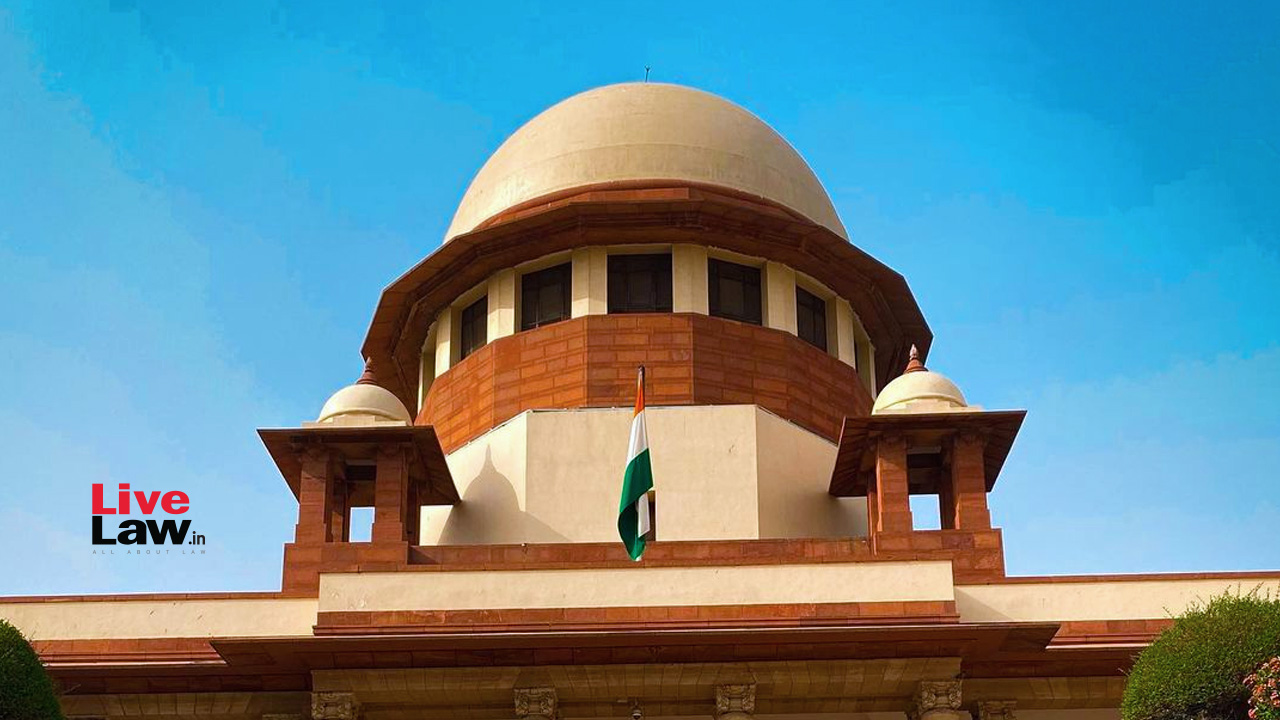The Supreme Court, today has adjourned without issuing notice, the department's appeal against the Gujarat High Court's judgment in the case of countervailing duty (CVD).The bench of Justice Sanjeev Khanna, and Justice J K Maheshwari, while observing in favor of the domestic industry, repeatedly directed the government to follow the judgment of the Gujarat High Court to avoid...

